Trading ships from as far back as the 12th century have plied Oriental waters, but today, floating pleasure palaces are appearing with increasing regularity on the eastern horizon.
Revelling in their cultural diversity, Far East nations share a history of commerce due to their geographical proximity. Herein lies the magic for latter-day visitors – for the seas that separate them are not only vital links in a rich mosaic; they are perfect for a seaborne odyssey. What’s more, many cruise pundits expect this region will become the new cruise playground – some even saying it will overtake the Caribbean for popular cruising in the next decade.
The South China Sea is bounded on the northeast by the Taiwan Strait; on the east by Taiwan and the Philippines; on the southeast and south by Borneo, the southern limit of the Gulf of Thailand, and the east coast of the Malay Peninsula; and on the west and north by the Asian mainland. Most ships visit between December and the end of March which is the rainy season to the south, and more temperate around Hong Kong and Vietnam.
The Oriental overture
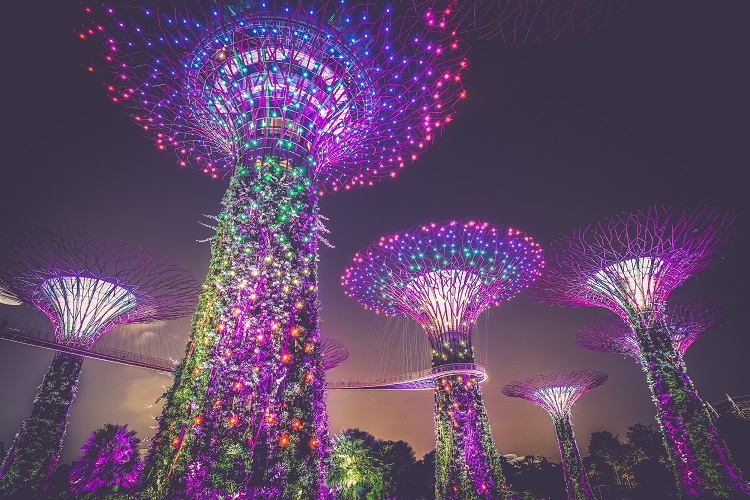
Gardens by the Bay
Most cruises set sail from Singapore or Laem Chabang (the port for Bangkok) before heading north to Hong Kong on leisurely two-week sojourns in the sun (as well as vice-versa). Smaller ships, especially those of Seabourn and Silversea, often schedule a longer and more in-depth exploration of the vibrant ports that encircle the South China Sea. Some expedition ships also call this corner of the globe their back yard, offering cruises that head not just off the beaten track, but to the edges of the beaten map.
The natural splendour unfolds
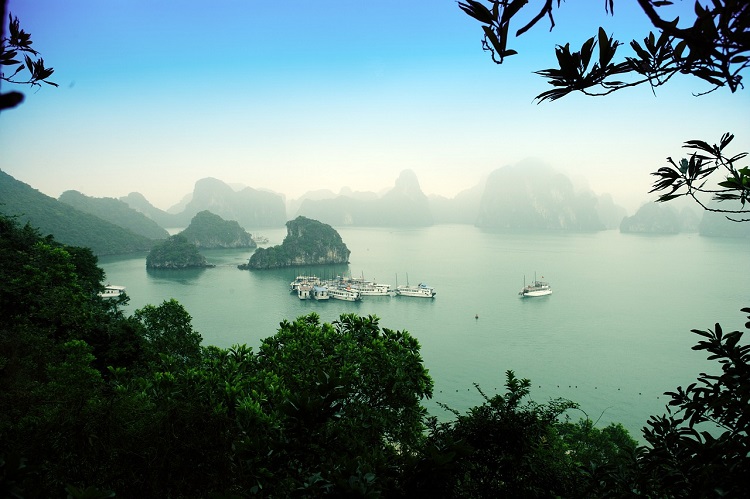
Halong Bay
Nowhere else in China sums up the hectic, über urban frenzy better than Hong Kong. It is a total assault on the senses. It is also a perfect overture or finale to any cruise in this region. A highlight of any cruise in the South China Sea is a visit to the UNESCO World Heritage Site of Halong Bay. Literally meaning ‘Bay of Descending Dragons’, more than 3,000 limestone karsts rise from the jade waters of Vietnam’s Gulf of Tonkin. Remnants of mountains formed 67 million years ago, each appears like an unfinished sculpture hewn by the hand of nature. Water lapping against the stone has carved out a number of vast, striking caverns as well as tunnel caves, beautiful grottoes and uniquely shaped massifs.
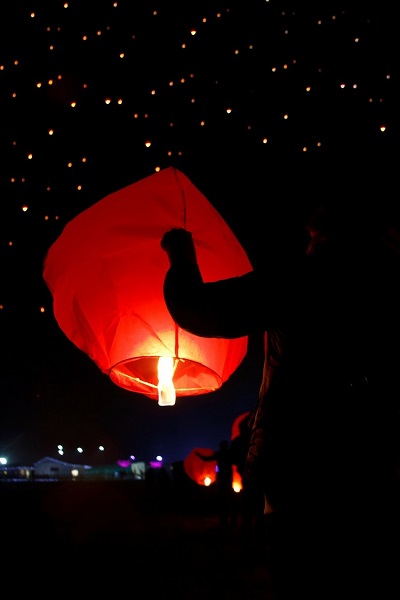 It is an equally impressive panorama at the Hundred Islands National Park in the Philippines, 150 miles north of Manila. There are actually 124 islands – remnants of an ancient coral reef exposed when the sea level dropped after the last Ice Age. Eroded into fanciful mushroom shapes, they are now covered with vegetation and make an enchanting maze to snorkel or explore the wildlife which includes crab-eating macaques, civets, dolphins and a number of sea turtle species. Only three of them have been developed for tourism – Governor Island, Quezon Island and Children’s Island.
It is an equally impressive panorama at the Hundred Islands National Park in the Philippines, 150 miles north of Manila. There are actually 124 islands – remnants of an ancient coral reef exposed when the sea level dropped after the last Ice Age. Eroded into fanciful mushroom shapes, they are now covered with vegetation and make an enchanting maze to snorkel or explore the wildlife which includes crab-eating macaques, civets, dolphins and a number of sea turtle species. Only three of them have been developed for tourism – Governor Island, Quezon Island and Children’s Island.
For passengers who have celebrated New Year in Britain – when Hogmanay celebrations are accompanied by permafrost and endless repeats of the Great Escape – one too many times, there is the opportunity to celebrate the Chinese New Year in Taiwan where the Pingxi District of the capital, Taipei, lights up as hundreds of thousands of paper lanterns carrying wishes and prayers are released into the night sky to mark this auspicious date.
A tour de force
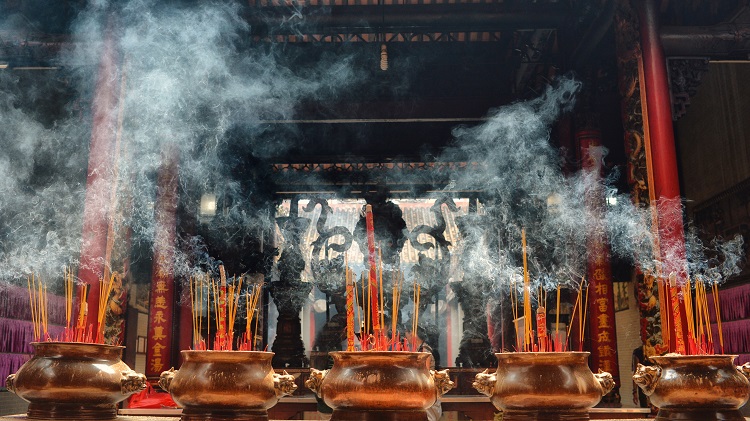
Vietnam
Vietnam’s 900 mile-long eastern coastline offers vignettes of life in the South China Sea. The Royal Tombs of the Nguyen rulers at the former capital of Hué suffered widespread destruction by American forces during the divisive 1968 Tet Offensive. After seeing the imposing citadel and restored red and gold lacquered palace, there is the chance to tour this ‘city of ghosts’ before boarding a tourist boat to see the Thien Mu Pagoda that lies on the north bank of the Perfume River.
Another Vietnamese gem – also reached from Chan May – is the World Heritage village of Hoi An. In the mid 18th century it was one of the principal trading ports of south-east Asia. Silk, spices, weapons, fragrant oils and porcelain from East and West passed through its riverfront warehouses. Today it has been wonderfully restored an offers and evocative glimpse into the past.
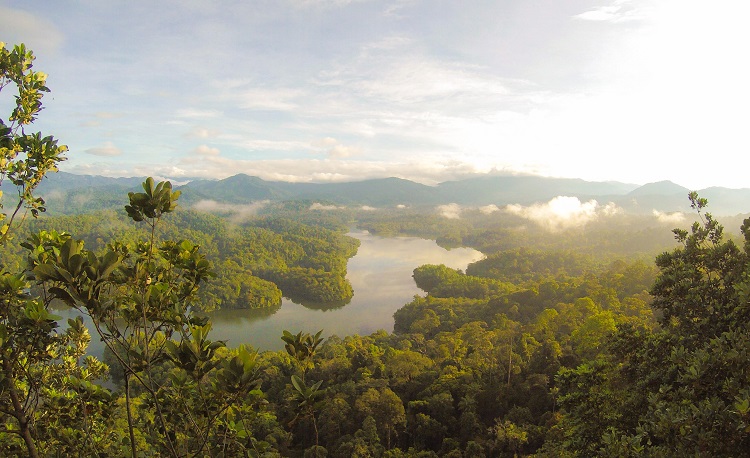
Malaysia
The skyline of Ho Chi Minh City seems at odds with a country that is still nominally Communist and whose leaders remain socially conservative. Everywhere there is evidence of this Asian tiger’s irrepressible strive to consumerism, nowhere more so than the designer boutiques along Dong Khoi Street exuding their glistening 21st century patina.
A highlight of any visit to Malaysia is Penang – ‘The Pearl of the Orient’ – where rainforest and waterfall-clad mountains form the backdrop to its beautiful, sandy beaches. A rickshaw tour of George Town is a great way to see the mishmash of elaborate colonial homes and Fort Cornwallis. Chinese heritage is abundant at the sprawling Kek Lok Si Temple with its thousand gilded statues and the elaborate Khoo Kongsi – reputedly the most beautiful Chinese Clan House built outside China.
The South China Sea offers a potpourri of enigmatic lands, port cities little changed since Conrad’s time, and anchorages that are far from stereotyped.
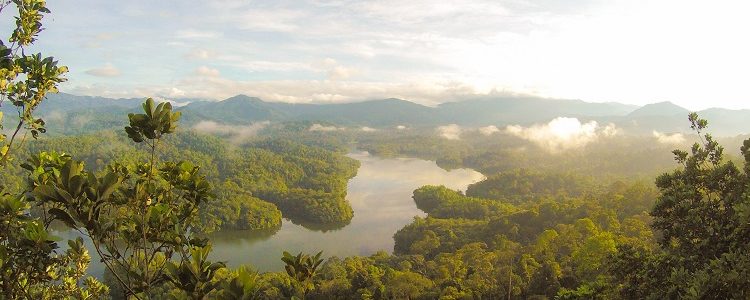
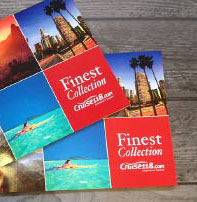
No Comments
Be the first to start a conversation